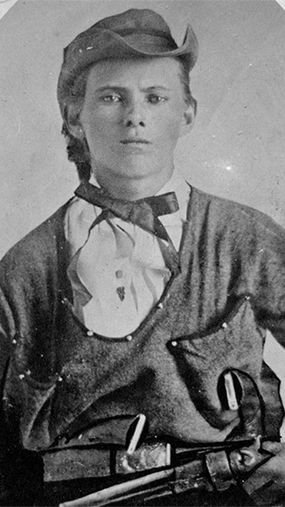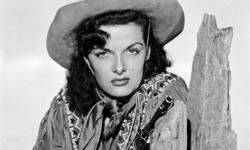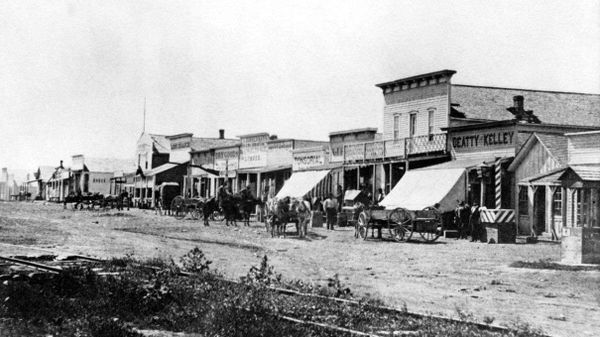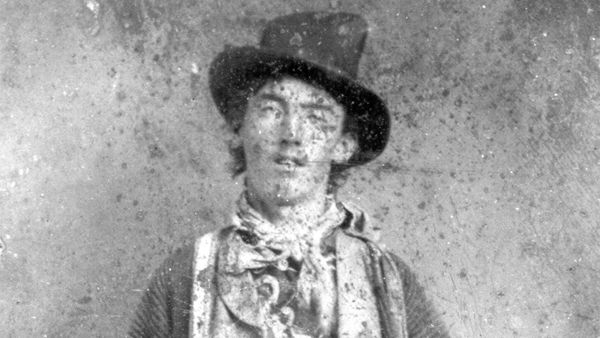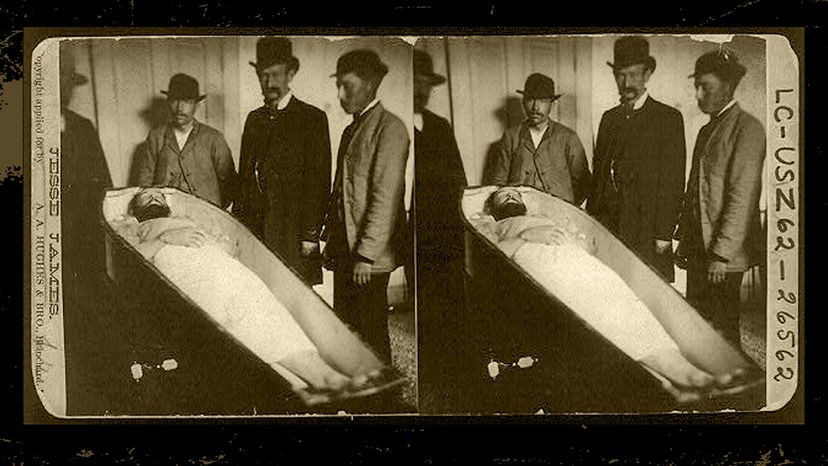
In June of 1892, Robert Ford was managing a dance hall in the town of Creede, Colorado. He'd come down in the world, but was still dressed to the nines the day a deputy sheriff from out of town named Ed O'Kelley walked in with a shotgun. Ford had his back turned, so O'Kelley politely greeted him. Ford turned and found himself at the wrong end of O'Kelley's shotgun. It was the last thing he ever saw.
In jail, O'Kelley nearly drowned in fan mail. His sudden popularity stemmed from fact that he'd gunned down the man who killed one of America's most famous outlaws — Jesse James.
Advertisement
Well before he died, Jesse James was a legend. Some thought him a Robin Hood, who robbed banks and handed out cash to the poor. Others, including President Ulysses S. Grant, judged him a homicidal crook. Unfortunately, there doesn't seem to be any evidence that he redistributed his ill-gotten gains. And as for his violent behavior, it appear to have been rooted in a very specific historical context.
Born in 1847, he and his brother Frank came of age during the American Civil War. They enlisted with the Confederate Army as teenagers and although the war ended in 1865, for the James brothers, it was never really over.
T. J. Stiles is the award-winning author of, "Jesse James: Last Rebel of the Civil War." In an email interview, he laid out some of the conditions that led Jesse James toward a life of post-Civil War violent crime.
Advertisement
